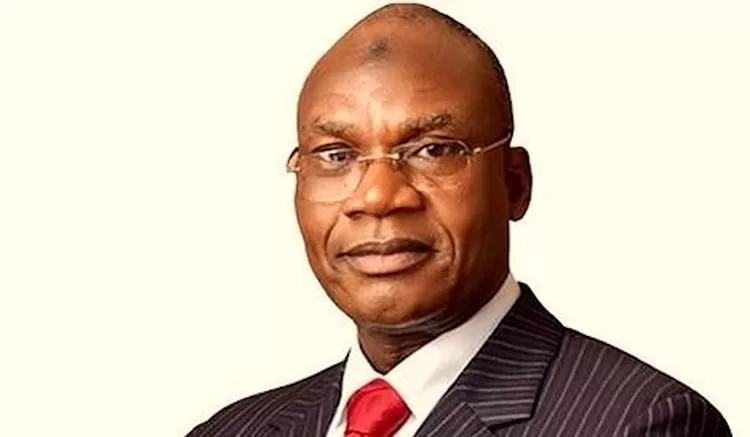The Federal Government has set up an inter-ministerial committee to probe certificate racketeering by foreign and local universities in the country.
The eight-man panel headed by Prof. JD Amin as chairman also have as part of its terms of reference, to investigate the activities of private universities established in the last 15 years.
While inaugurating the committee on Tuesday in Abuja, the nation’s capital, the Minister of Education, Prof. Tahir Mamman, SAN, said the committee report will assist the government is sanitizing the ivory towers in the country, as well as the certificates they issued.
The development comes on the heels of suggestions that some universities are issuing fake certificates. a
A journalist, Umar Audu, recently went viral after he exposed how he obtained a university degree in a Benin Republic university in six months, which enabled him to embark on the mandatory one-year national youth service under the National Youth Service Corps, NYSC, scheme.
A university course in the country takes at least four years to complete.
According to the minister, part of the work of the committee is to uncover universities in the country involved in certificate racketeering.
Tahir said, “The next step will be if the committee can uncover those institutions and those who participated because I won’t say they are victims or graduates; we will chase them out of the system because they are not qualified to work in the system, and we will make them face the wrath of the law.”
Apart from Prof. J.D. Amin, the Chairman of the Board of Trustees, BOT, Committee of Vice Chancellors of Nigerian Universities, the committee has Chris Maiyaki, the acting Executive Secretary, National Universities Commission, NUC, as a member.
Other members of the committee are Amb. Lazarus Kpasaba from the Ministry of Foreign Affairs; Abel Olarenwaju, Office of the National Security Advisor; Omeh Nwokpoku, Office of the National Security Advisor; Amina Lugga, Federal Ministry of Youth and Development; Mrs. Doom Iyortyom, Joint Admissions and Matriculation Board (JAMB); and a representative from the Federal Ministry of Justice.
The Committee’s terms of reference include, to “Review the role of any MDA or its officials (including identifying such officials) in the facilitation of the recognition and procurement of the fake certificate in question;
“Review existing policies and procedures related to accreditation and certification to identify weaknesses contributing to the issue; examine the rules, procedures, and processes for recognition and accreditation of foreign universities and programmes by the Federal Ministry of Education.
“Establish if unapproved foreign institutions (Degree Mills) exist or not in Nigeria in whatever form, with their identities and locations if any;
“Make appropriate recommendations for review of any rules, procedures, and processes to prevent re-occurrence and sanctions for identified erring officials;
“Make other recommendations that will strengthen the system of recognitions, accreditations, and quality assurance of degrees in Nigeria.
“Examine the extant rules, procedures, and processes for granting provisional licences to new universities by the National Universities Commission.
“Examine the procedures and processes for periodic accreditation of programmes in the universities by the NUC and examine their effectiveness in quality assurance of the programmes;
“Without prejudice to the periodic accreditation exercise of the NUC, examine whether or not private universities established in the last 15 years have in place prescribed facilities, an appropriate management structure, adequate funding of programmes, and requisite staff (nature of staff: full-time, contract, adjunct, visiting, other types).”
Discover more from The Source
Subscribe to get the latest posts sent to your email.








